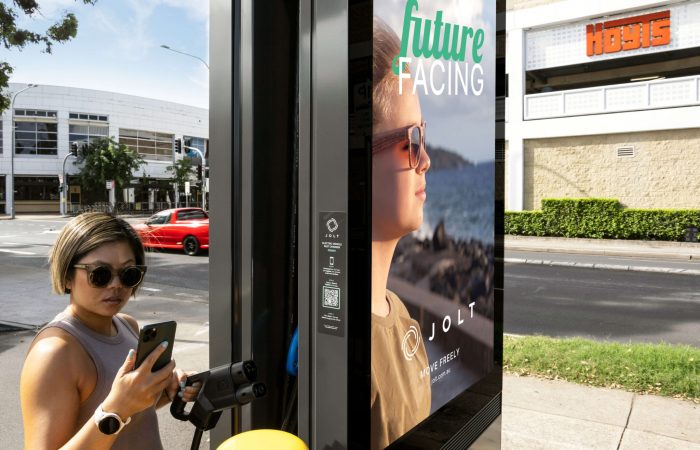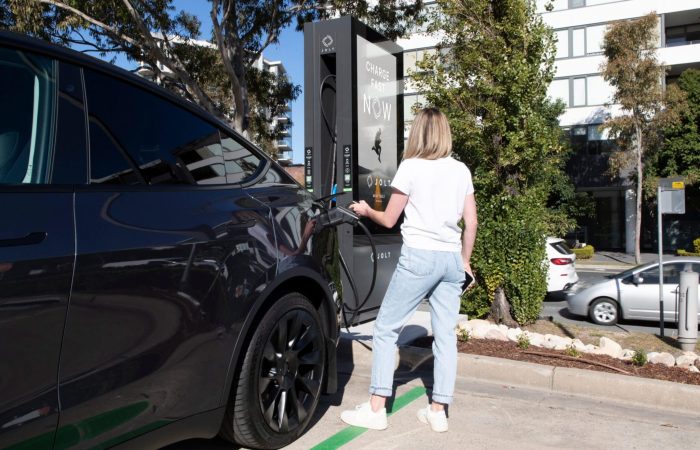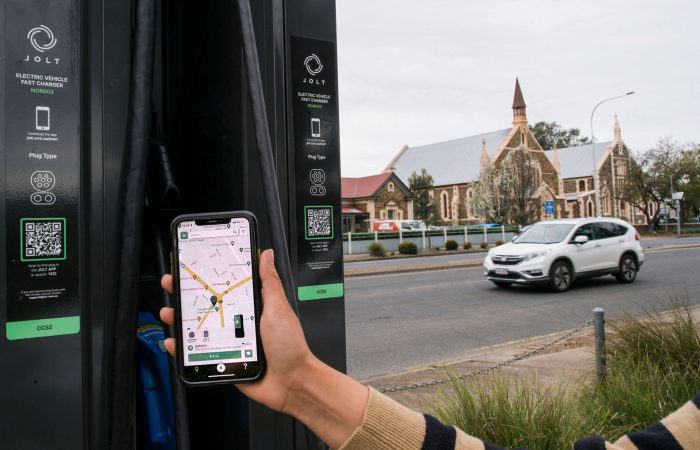Global issues of environmental and social impact are becoming increasingly important to both consumers and businesses. People are realising that the social changes they seek cannot simply be brought about by the efforts of individuals. As a result, consumers now vote with their wallets and put pressure on big brands to lead the way to a more sustainable future. Those brands that meet expectations and promote sustainability are rewarded with increased sales and customer loyalty – a phenomenon known as “socially conscious consumption”.
However, despite 75% of consumers wanting to make environmentally-friendly changes, about 50% believe that it’s too hard to do so. This creates a massive opportunity for brands all around the world: make it easier for people to make environmentally-friendly changes and you can win a loyal customer base of socially conscious consumers.
One way that brands can make it easier for people to make environmentally-friendly changes is via advertising. Through advertising, brands can tell consumers “we align with your social conscious and we support sustainable goods and services”.
JOLT is helping socially conscious consumers to make environmentally-friendly changes by building a network of free EV fast-charging stations across Australia. Like-minded brands are invited to advertise on JOLT’s fast-chargers, which in turn funds the free charge program. In doing so, advertisers can win over an innovative audience of socially conscious consumers by:
- Supporting the needs of EV owners – Brands can promote their commitment to sustainability by helping people to own more environmentally-friendly transport.
- Target marketing EV owners – Brands can target campaigns at a specific audience using points of interest and mobile data insights.
What is Socially Conscious Consumption?
Socially conscious consumption is the market’s growing tendency to buy products that contribute to positive social change and environmental wellbeing.
Now more than ever, consumers are choosing to vote with their wallets. As tensions over global crises grow, people are realising that individual effort alone is not enough to create the positive change they seek. Therefore, consumers are using their buying power to demand that brands contribute towards creating a greener and more sustainable future.
Key Concerns for Socially Conscious Consumers
One of the most prevalent concerns amongst consumers is the environment. In 2019, 73% of global consumers wanted to make their consumption habits more environmentally friendly and 41% said they were highly willing to pay more for products that contain all-natural or organic ingredients.
On a more localised scale, 71% of Australians agree that Australia should be a world leader on climate action. Similarly, 68% agree that Australia should have a target of net-zero emissions by 2050.
Australia’s trend towards more environmentally-friendly consumption is further reflected in growing electric vehicle sales. Between 2020-2021, the NRMA reports that “EV sales increased almost seven-fold of the market average (151.2% vs 22.4%)” due to people’s increased trust in green technology following the wake of the global pandemic.
Brands Benefit from Socially Conscious Consumption
According to Nielsen, brands that have demonstrated commitment to sustainability have enjoyed more than 4% annual growth on sales of consumer goods. Comparatively, those brands that ignored socially conscious consumers have only experienced 1% annual growth.
The success of socially conscious brands is partly due to the fact that 66% of consumers say they are willing to pay more for sustainable goods and services. If you just consider Millennials alone, this statistic increases to 73%.
As the most brand-loyal generation, Millennials are a growing and increasingly important market. By targeting socially conscious consumers, brands will have a higher chance of converting Millennial shoppers into life-long brand loyalists.
What’s more, socially conscious consumers have a relatively high level of disposable income – 63% of people who earn more than $50,000 are willing to pay more for brands that are committed to positive social and environmental impact.
When brands make socially responsible decisions, they show support for the beliefs and ideas of their consumers. As such, they shape positive consumer perceptions of their brand which provides a competitive edge in the market. The Capgemini Research Institute found that 77% of brands indicated that sustainability leads to an increase in customer loyalty, while 63% reported an increase in revenue.
How to Win Over Socially Conscious Consumers
Although 73% of consumers want to make major changes to become more environmentally friendly, only about 25% of consumers will do so in the coming year. Studies suggest that the remaining 48% of consumers will find it too hard to make socially conscious changes.
This void between wanting to be more socially conscious and actually being more socially conscious creates a massive marketing opportunity for brands: make it easier for consumers to be more socially conscious and choose sustainable products and services.
What does this look like in practice?
Advertising plays a massive role in making it easier for consumers to make socially conscious changes. Globescan suggests that brands need to:
- Send a clear message to consumers that they are aligned regarding sustainability.
- Provide clear information and guidance about how consumers can access their sustainable goods and services.
JOLT is making it easier for people to make socially conscious changes by building a network of fast and free EV charging stations across Australia. We offer the opportunity for other like-minded brands to advertise on our charging stations, which in turn funds the free charging program.
By advertising with Jolt, brands have the opportunity to not only support EV owners and build a positive brand image around sustainability but also target this ever-growing market of socially conscious consumers.
Advertising to Socially Conscious Consumers via JOLT
According to the Australian Government’s independent infrastructure adviser, EV’s are set to account for 70% to 100% of new vehicle sales and at least 30% of the vehicle fleet in Australia by 2040.
These numbers prove that Australian’s are continuing to adopt electric vehicles in growing numbers despite the challenges that face the market – namely long travel distances and a lack of access to fast charging facilities.
JOLT is looking to support socially conscious consumers and overcome the challenges facing Australia’s EV market by building a free fast-charging network across the country. Brands can join our efforts to help EV owners by advertising on our fast chargers, which in turn funds the free charging program.
By advertising on our fast chargers, brands are using a medium that shows a genuine commitment to sustainability. This helps to create an environmentally-friendly brand image that aligns with the expectations of EV owners – a high-end, forward-thinking segment of socially conscious consumers. According to Ausgrid, of the EV owners in NSW:
- 75% have a higher than average household income bracket.
- 77% have a Bachelor degree or higher.
- 88% own their own home.
- 85% own a second car.
- 50% to 60% use public charge points and DC fast chargers like Jolt.
Besides fostering an environmentally-friendly image, advertisers also gain the ability to target market their products and services toward socially conscious EV owners using points of interest and mobile data insights. Over time, the success of these campaigns can be measured and changes can be made thanks to Jolt’s comprehensive analytics platform.
To learn more about how your brand can support EV owners and capitalize upon socially conscious consumption, please contact us today.



